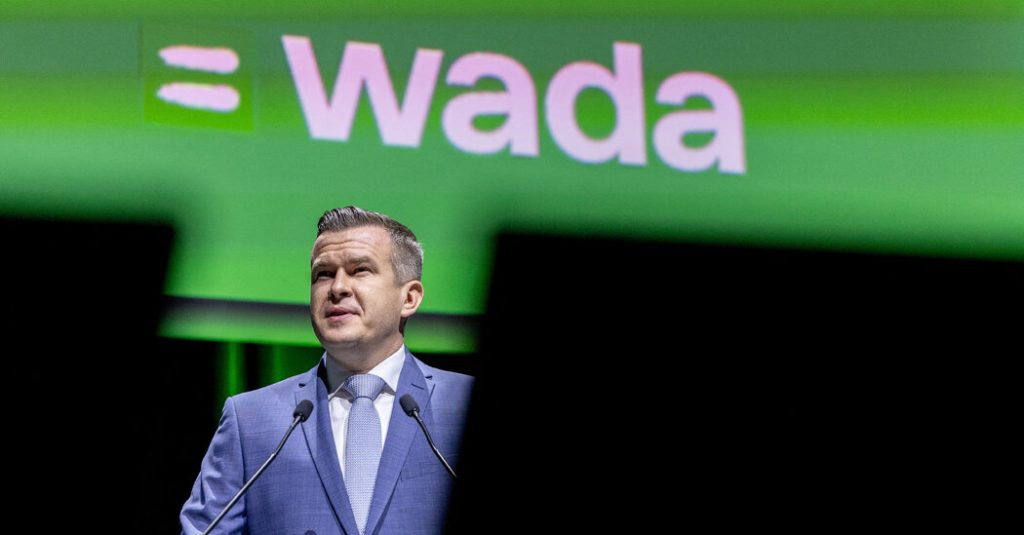Two months before the Olympics in Paris, the World Anti-Doping Agency (WADA) is facing allegations of covering up positive tests of elite Chinese swimmers who went on to compete and win medals at the last Summer Games. This has raised doubts about WADA’s credibility and its ability to ensure fair play at the upcoming Olympics. Athletes, including American swimmers, are openly questioning WADA’s effectiveness in keeping the games clean, especially since some Chinese swimmers are favorites to win medals in Paris. Pressure on WADA has increased, particularly from the United States, which is a major funder of the agency.
The Biden administration’s top drug official, Dr. Rahul Gupta, has demanded WADA appoint an independent commission to investigate the positive tests and hold an emergency meeting within the next 10 days. Senator Chris Van Hollen has also expressed concerns and indicated that future funding may be contingent on answers from WADA. Additionally, a bipartisan House committee has begun investigating the positive tests, further increasing pressure on WADA. Athletes, including Olympic gold-medalist Lilly King, have expressed doubts about WADA’s ability to keep doping violators out of the Games, affecting their confidence in fair competition.
Despite the mounting pressure on WADA, major stakeholders such as NBC, the chief broadcaster for the Olympics, and sponsors like Visa, Airbnb, Coca-Cola, and Intel have declined to comment on the situation. This lack of response has added to concerns about the credibility of Olympic competitions and the ability of athletes to trust in a level playing field. The positive tests, which involved 23 elite Chinese swimmers testing positive for the banned drug trimetazidine, have put a spotlight on WADA’s failure to follow its own rules and investigate the matter thoroughly.
WADA’s decision to appoint a special prosecutor, Eric Cottier, to review its handling of the case has also faced criticism. Cottier’s nomination by a WADA official who previously worked closely with him has raised questions about his independence and objectivity in leading the investigation. The close ties between Cottier, WADA, the International Olympic Committee (I.O.C.), and the sports movement have further fueled concerns about the integrity of the inquiry. Additionally, discrepancies in WADA’s public statements regarding Cottier’s appointment have led to further confusion and skepticism about the agency’s transparency.
Athletes and sports officials are calling for increased testing worldwide ahead of the Paris Games, but they acknowledge that concerns about WADA’s credibility may not be addressed in time for the Olympics. The lack of trust in WADA’s ability to enforce antidoping rules and maintain fair competition has left athletes feeling disillusioned, especially in light of previous instances where doping violators have been allowed to compete. The unresolved issues surrounding the positive tests of Chinese swimmers have cast a shadow over the upcoming Olympics, highlighting the need for transparency and accountability in the fight against doping in sports.


